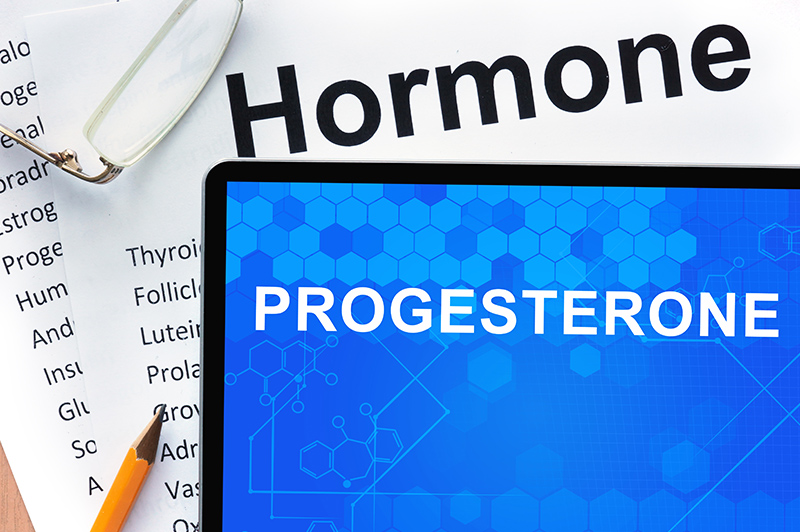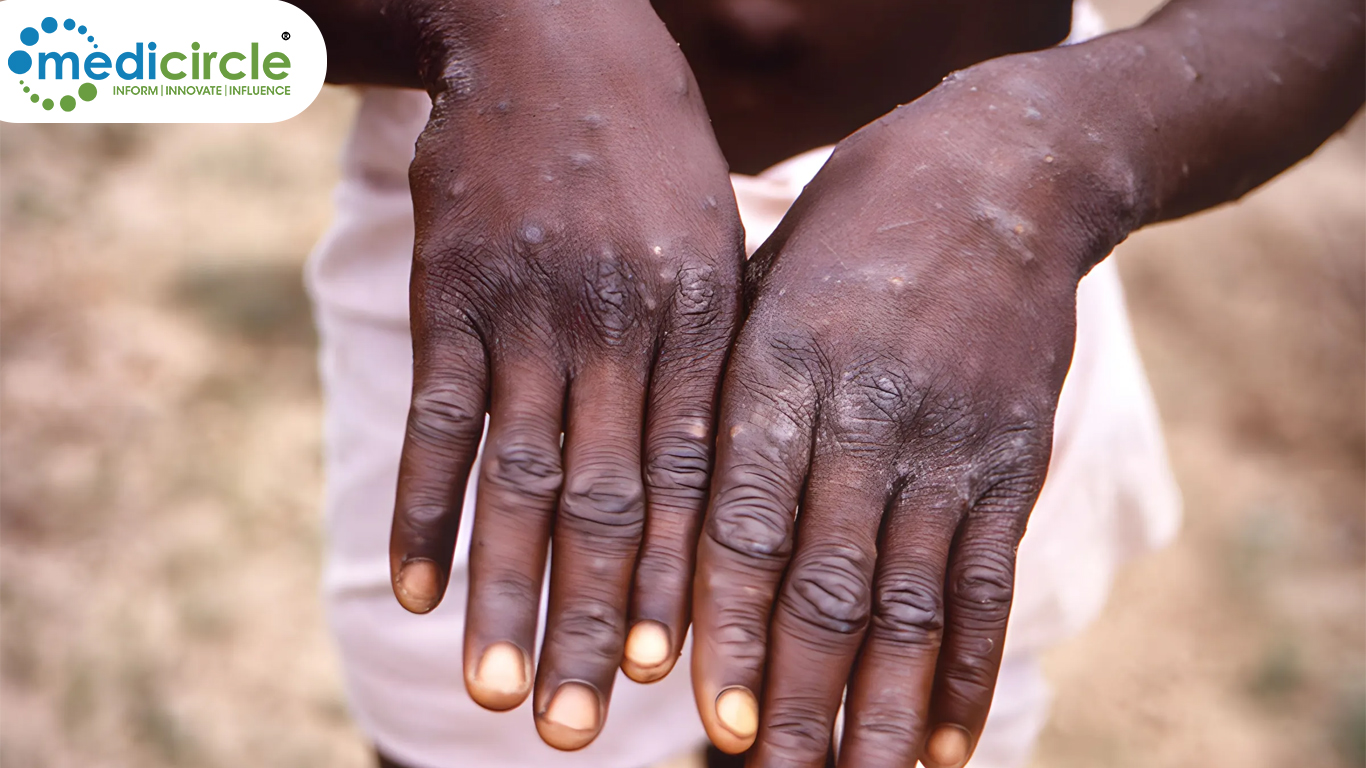Progesterone is a female sex hormone produced by female reproductive organs (ovaries). It plays a crucial role in regulating a female's menstrual cycle, fertility, and pregnancy. Progesterone needs to be at a normal level for the normal functioning of these events. However, an unhealthy lifestyle may cause hormonal imbalance. The symptoms of hormonal imbalance include abnormal menstrual cycle, infertility, bone problems, thyroid, weight gain, etc. Though there are supplements available in the market which claim to rectify the hormonal imbalance, they have certain side effects. Besides these supplements, we have many natural foods which can be helpful in balancing hormones.
Omega 3 and omega 6 rich foods
The rich sources include fatty fish – salmon. The abundance of protein and magnesium in these fish is a vital nutrient in the production of progesterone and maintenance of hormonal balance. Vegetarians can opt for flax seeds, pumpkin seeds, spinach, black beans for omega fatty acids.
Vitamin E-rich foods
Vitamin E can remarkably increase overall progesterone levels. Studies suggest that vitamin E safeguards progesterone from the toxic effects of estrogen. Sources of vitamin E are sunflower seeds, pumpkin seeds, and almonds.
Vitamin B-rich foods
Vitamin B is required for - stimulating follicles for releasing a healthy egg, enhancing implantation and reproduction of cells while maintaining the optimum levels of progesterone. Rich sources of vitamin B6 are whole grains, lean meat, seafood, beans, potatoes, spinach, fortified cereals, and bananas.
Vitamin C-rich foods
Vitamin C is important for hormone production and maintenance. Vitamin C is required for the stimulation of the production of hormones. For vitamin C, you can take citrus fruits, kiwi, tomatoes, broccoli, cabbage, etc.
Zinc
Zinc is the most required mineral in the production of progesterone. Zinc is needed by the body to utilize the available progesterone. Sources of zinc are dark chocolates, pumpkin, chickpeas, lean meats.
Living a healthy lifestyle (healthy diet plus physical activity) is quintessential for progesterone production. A woman can increase their natural progesterone levels by maintaining ideal body weight and managing stress.
Disclaimer: The content on this site is for informational purposes only, and should not be taken as professional medical advice. Always seek the guidance of your doctor or other health professionals for any questions you may have regarding your health or a medical condition.

 Abnormal levels of progesterone (hormonal imbalance) may cause adverse effects such as abnormal menstrual cycle, infertility, thyroid, weight gain, bone problems, etc. Here are some natural food sources which can help in fixing these hormonal levels.
Abnormal levels of progesterone (hormonal imbalance) may cause adverse effects such as abnormal menstrual cycle, infertility, thyroid, weight gain, bone problems, etc. Here are some natural food sources which can help in fixing these hormonal levels.









.png)
.png)









.jpeg)



.jpg)




.jpg)





.jpeg)

.jpg)


